On April 29th in Brussels, the Annual EU Budget Conference took place, serving as a crucial platform for policymakers to explore the evolving demands and strategic orientations of the EU budget. Themed “Looking Forward: The Future EU Budget,” the conference offered invaluable perspectives from distinguished leaders such as Johannes Hahn, Commissioner for Budget and Administration, Hadja Lahbib, Belgian Foreign Minister, and other prominent European figures. These discussions focused on future budgetary strategies to ensure the EU’s resilience and adaptability in a changing global landscape.
Commissioner Johannes Hahn opened the conference with a compelling vision for the future of the EU budget. He highlighted the essential integration Europe’s “soft” and “hard” powers, discussing the necessity for a budget that is agile and responsive to new economic and geopolitical challenges. Hans delineated three key aspects for fortifying the EU budget: implementing innovative and legally robust spending strategies, identifying new sources of revenue, and enhancing the effectiveness of the investments to maximize their impact. This approach aims to ensure the EU’s financial architecture supports its broader strategic goals effectively.
Representing the Belgian presidency, Hadja Lahbib underscored the Eu Council’s proactive initiatives during her address. With strategic agenda adjustments to the planned for late June, Lahbib’ stressed the critical importance of fortifying the Union through comprehensive EU policies. Her speech concentrated on the alignment of budget allocations with the overarching priorities of solidarity, cohesion, and sustainable development. Furthermore, Lahbib advocated for substantial reforms in EU institutions and decision-making processes to simplify access to funding and streamline operations, thereby enhancing the EU’s efficiency and reducing its bureocratic load.
Croatian Prime Minister Andrej Plenković recently addressed the difficulties of aligning EU budget with the continent’s growing ambitions amidst a challenging global landscape. He emphasized the essential need for a budget that not only enhances EU competitiveness but also fosters solidarity and extends its global influence. Advocating for a visionary approach Plenković called for a more ambitious and adaptable budget framework designed to meet diverse challenges and bolster cooperation among EU member states.
The conference showcased two pivotal panel discussions under the theme “Preparing for the Future and Enhancing Competitiveness”. The first panel, concentrated on transforming the EU budget to better prepare for future challenges. Panelists, including Paulo Rangel, Enrico Letta, and Jyrki Katainen, engaged in a vigorous debate on the need to shape a budget that is investment-oriented and flexible enough to adapt to rapid global changes and crises, exemplified by recent events like the COVID-19 pandemic and ongoing climate challenges.Fine modulo
The second panel, focused on how the EU budget could boost competitiveness. panelists, including Nadia Calviño and Magnus Brunner, focused on identifying strategic investment areas that could strengthen the EU’s competitive advantage. They emphasized the significance of advanced education systems, cohesive policies, cutting-edge research, and sustainable green technologies in maintaining economic leadership
Under the conference’s theme of “looking forward,” Moldovan President Maia Sandu, highlighted the necessity for a flexible budget to support an expanding Europe. Amidst what she described as a hybrid war where “the battlefield is everywhere”, Sandu stressed the critical need for an ambitious and sufficient EU budget, that supports internal development while also preparing to confront external threats and ensure regional stability. She advocated for a stronger and better-financed common foreign and security policy to effectively manage international crises.
In conclusion, the Annual EU Budget Conference emerged as a dynamic platform for dialogue, where leaders and specialists united to propose innovative strategies for a resilient and adaptable EU budget in light of evolving global circumstances. Key discussions emphasized the importance of improving resource allocation and developing new methods to evaluate budget effectiveness, all aimed at achieving the long-term objectives of the Union. The event underscored the critical need for increased transparency and greater public participation in decision-making to strengthen trust in the EU framework. Moreover, the conference reinforced the idea that the EU must proactively shape and lead global changes rather than merely respond to them. This requires a budget designed to strategically invest in the future to promote sustainable growth and strengthen cohesion among member states.
